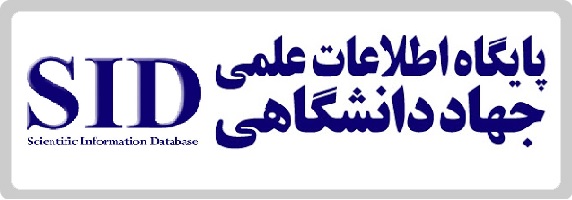Contemporary Outlooks on Luck, Chance and Accidental Causation in Aristotle’s Point of View
Keywords:
luck, chance, per accidens cause, for the sake of something(teleology), FrequencyAbstract
Chance is the efficient cause itself but it appears as if it somehow has final cause. The critical means to enter into the analysis of luck is adapting an account of luck tailored to the realm of agency and along with the contrast between beneficial occurrences from which the for the sake of something is absent with the those in which it is present. Aristotle considers chance as "how occurrences with certain ends take place while they do not happen by nature or as the result of thought. He also mentions in Metaphysics that just as being is either intrinsic or coincidental, in the same ways it is possible to be a cause. Since the main component of chance is the irrelevancy of the end to the result, therefore luck is a cause by accident among those things that are for the sake of something that are according to choice. Aristotle’s argument for the priority of per se causation for the sake of something and the consequent impossibility of chance causation per accidens apart from it, forms the core of his account of chance. In investigating the relationship of chance and frequency of an event, there are many doubts in coextensivity of the rarity of happening of an event with it being accidental. Thus, for the analysis of chance, understanding the relationship between an analysis based on the ‘always/for the most part/rarely’ classification and a teleological analysis considering the opposition between the per accidens and the per se, is necessary.





